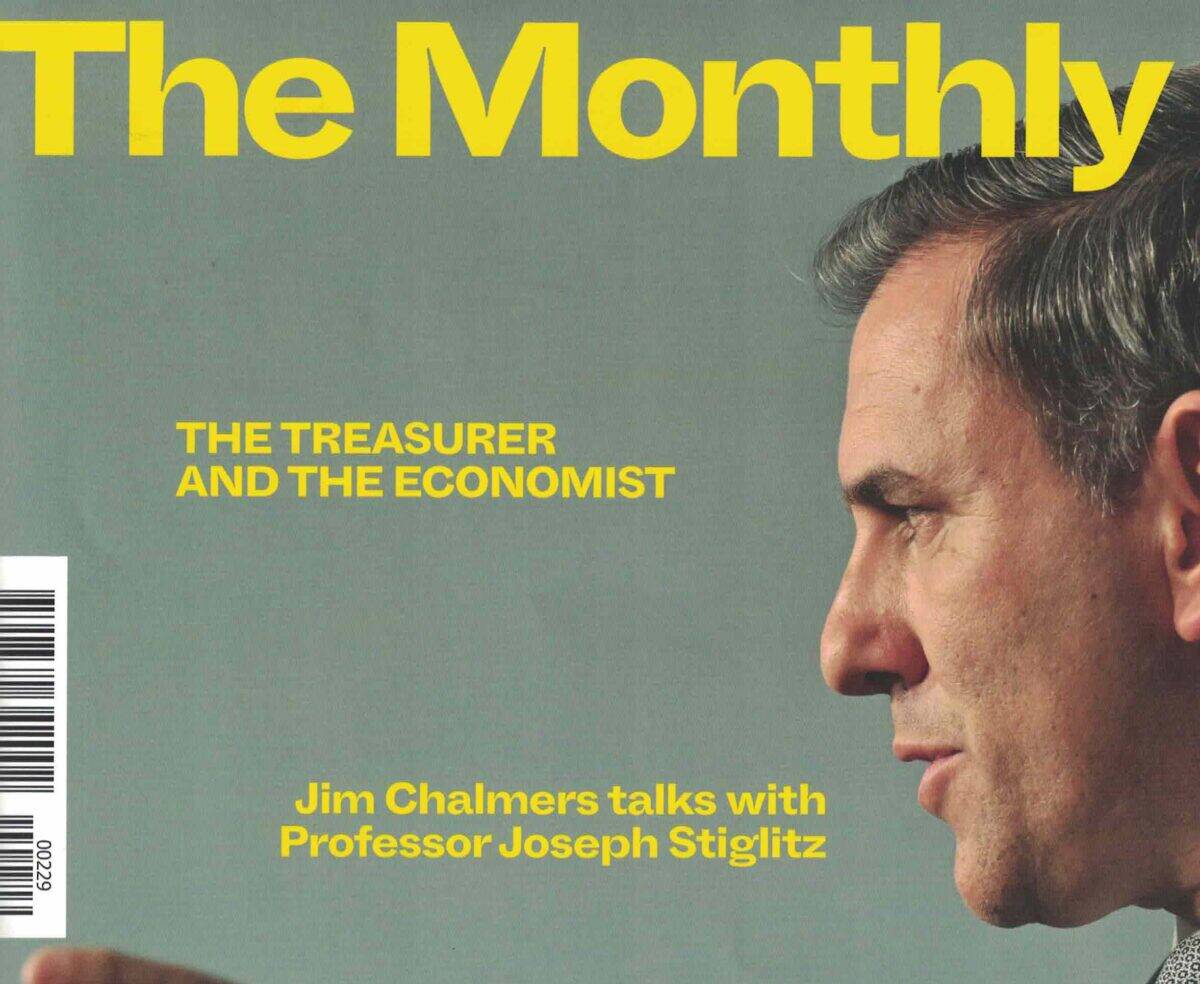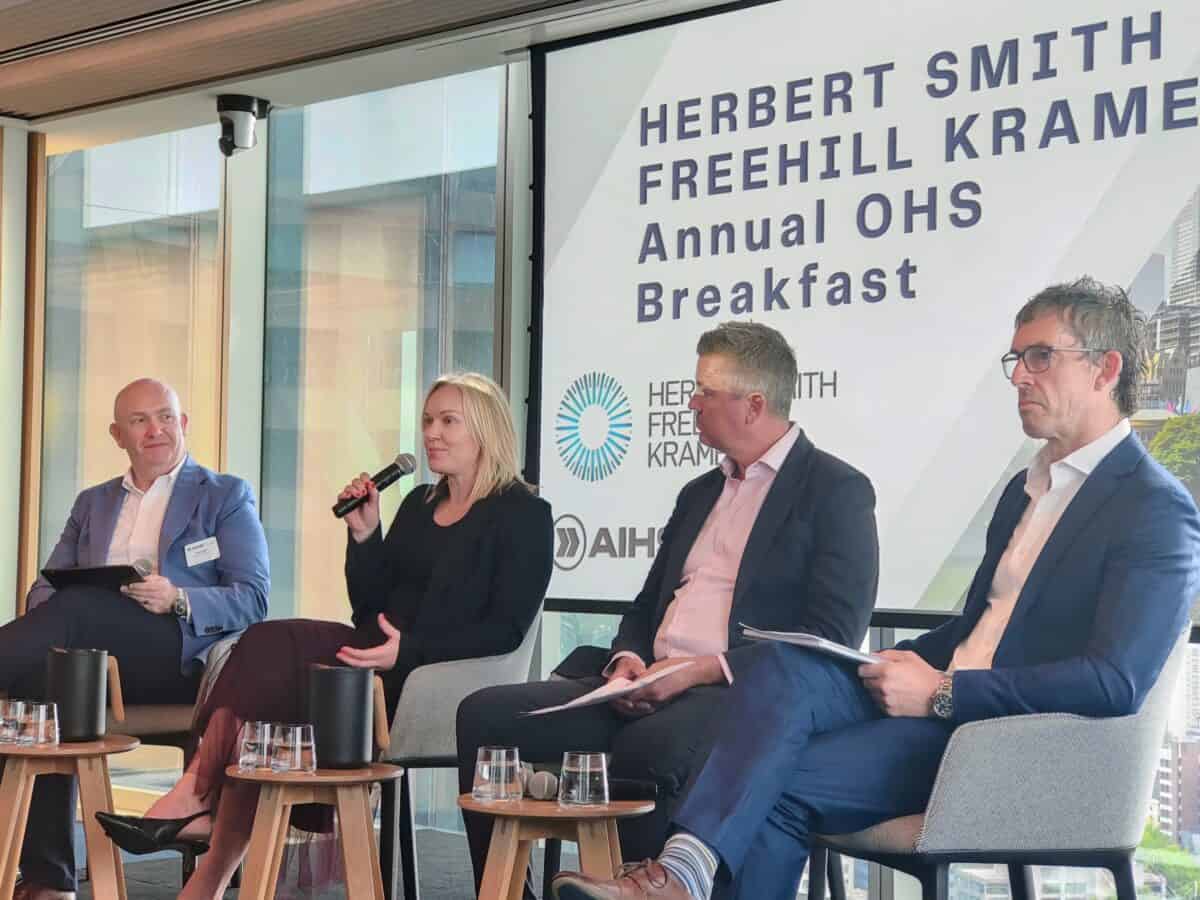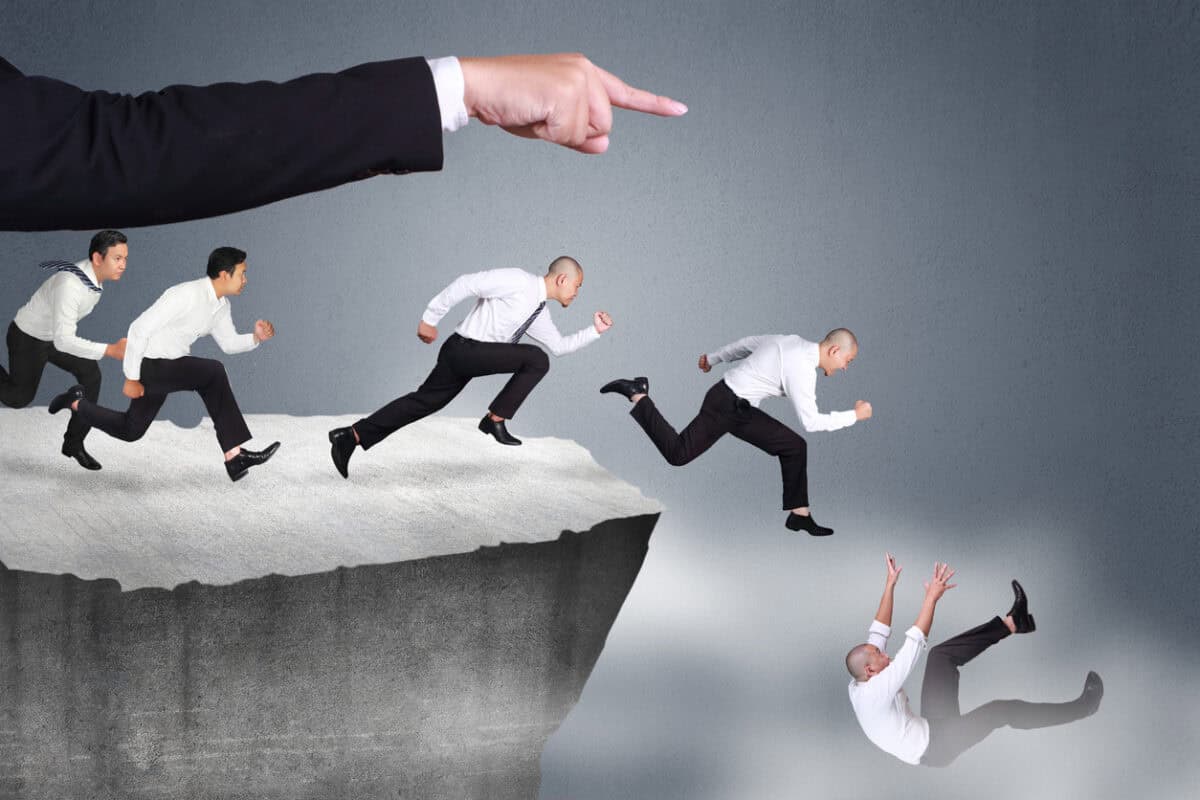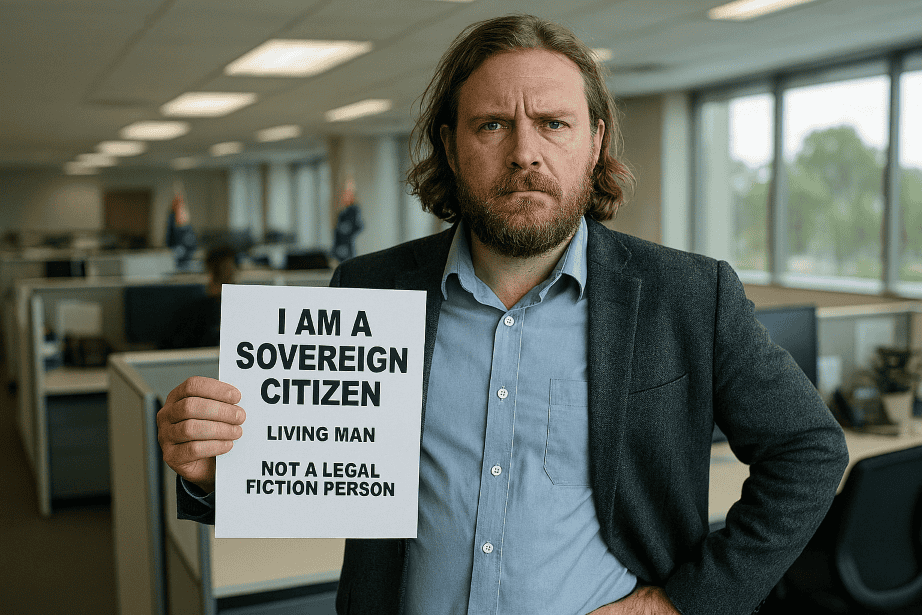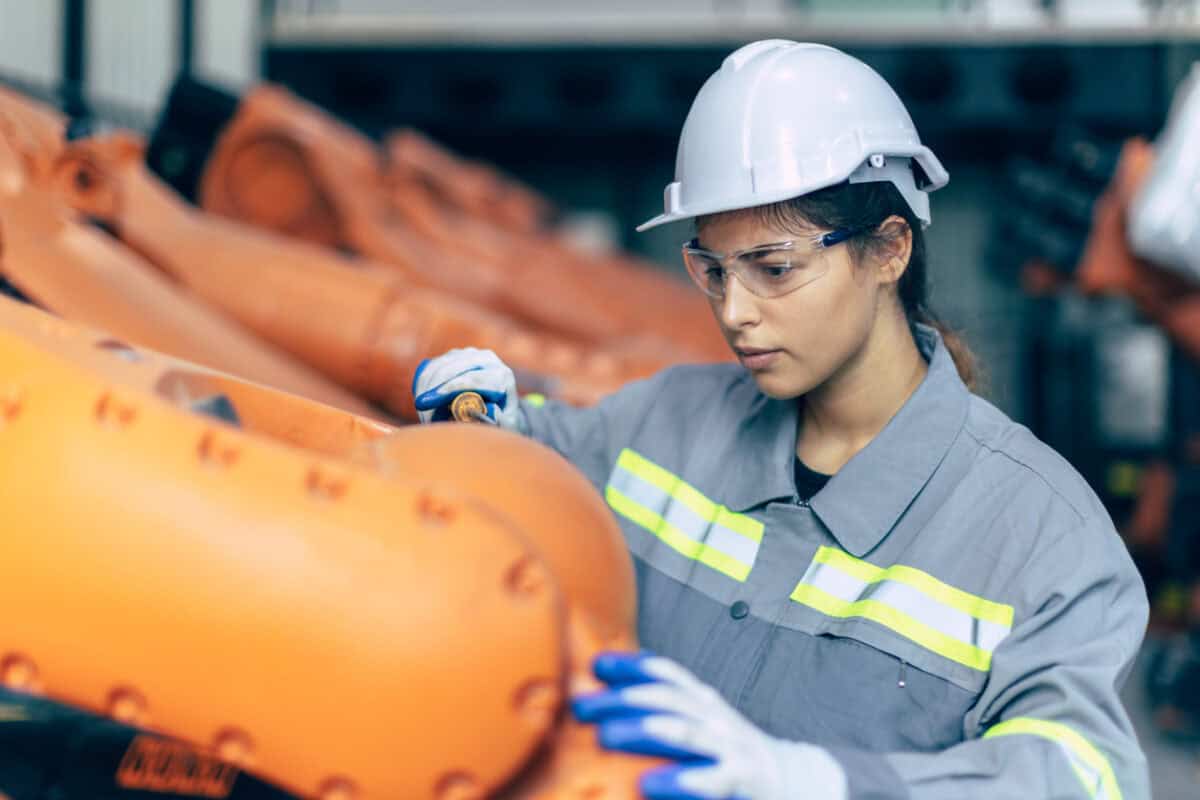Australian Treasurer Jim Chalmers and economist and Nobel Laureate Joseph Stiglitz are old friends. One of their conversations was turned into the lead article in the February edition of The Monthly (paywalled). Several of their thoughts impinge on how occupational health and safety (OHS) laws are applied and may be reformed.
Category: safety
The Psychosocial Hazard Australia Pretends Isn’t There
Last year, some Australian media, especially the right-wing press like Newscorp and its suite of commentators, were incensed when journalist Laura Tingle stated that she believed that Australia was a racist country. But statistics seem to support Tingle’s belief, and as occupational health and safety (OHS) operates within that culture, is it also racist?
A new discussion paper from OHS consultancy firm fr&nk (based on a series of LinkedIn posts) acknowledges racism is a problem and suggests ways to address this psychosocial hazard.
OHS keeps getting sidelined and everyone knows it
Recently, occupational health and safety (OHS) lawyer Steve Bell issued a challenge to all those who provide leadership training to executives.
At the annual breakfast for the Australian Health and Safety Institute, supported by Herbert Smith Freehills Kramer, Bell shared this leadership training scenario with his panel of experts:
Why Modern Leadership Can’t Deliver Safe Work
The most popular solution to physical and psychological occupational health and safety (OHS) problems is leadership. Leadership is crucial to implementing changes to work processes and policies that can prevent harm, yet we often view leadership as executive benevolence, without really examining executive leadership in modern workplaces.
Looking at current leadership traits through a different lens may help us understand why it continues to be so difficult to improve worker health and safety.
Wellbeing Budgets Sound Good but Workplaces Show the Truth
Citizen and worker well-being will not be a major focus of the Australian government’s budgets, but it will still influence them. Recently, Professor Paul Read assessed the Wellbeing Budget concept in The Australian Fabians Review (issue 8). His optimism is notable and helps us understand well-being in an occupational and psychological context.
Sovereign Citizens and Work Health and Safety
In Australia, the sovereign citizen movement has gained strength for some time, particularly since the COVID-19 pandemic. It is also, according to The Age newspaper recently, creating administrative problems for the courts – Flash juries and Bible verses: How sovereign citizens clog up Australian courts (paywalled). I began considering how I would manage a worker who held sovereign-citizen beliefs and might object to certain policies and directives used in the occupational health and safety (OHS) context.
Wellbeing vs Red Tape Is The Political Battle That Will Shape Australia’s OHS Future
Australian Treasurer Jim Chalmers was keen on establishing a “Wellbeing Budget“. The initiative faded, but the desire persisted. The Wellbeing Budget is getting renewed interest but also some anticipatory criticism. Such a budget could have significant impacts on occupational health and safety (OHS) management, so it warrants monitoring and cautious support.

